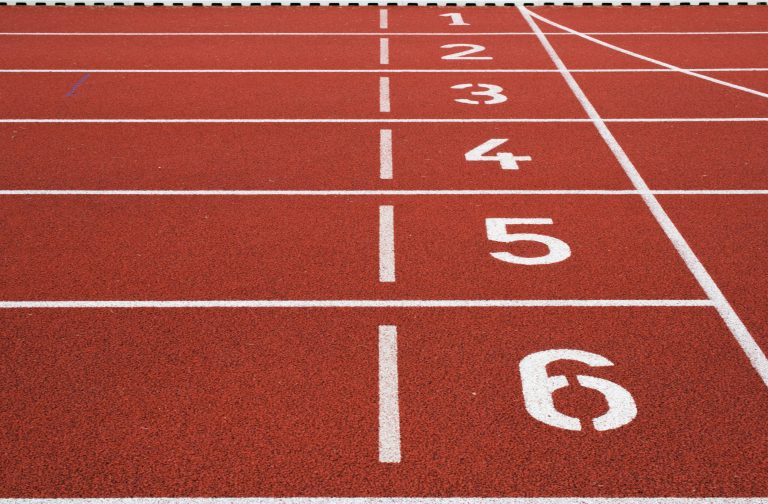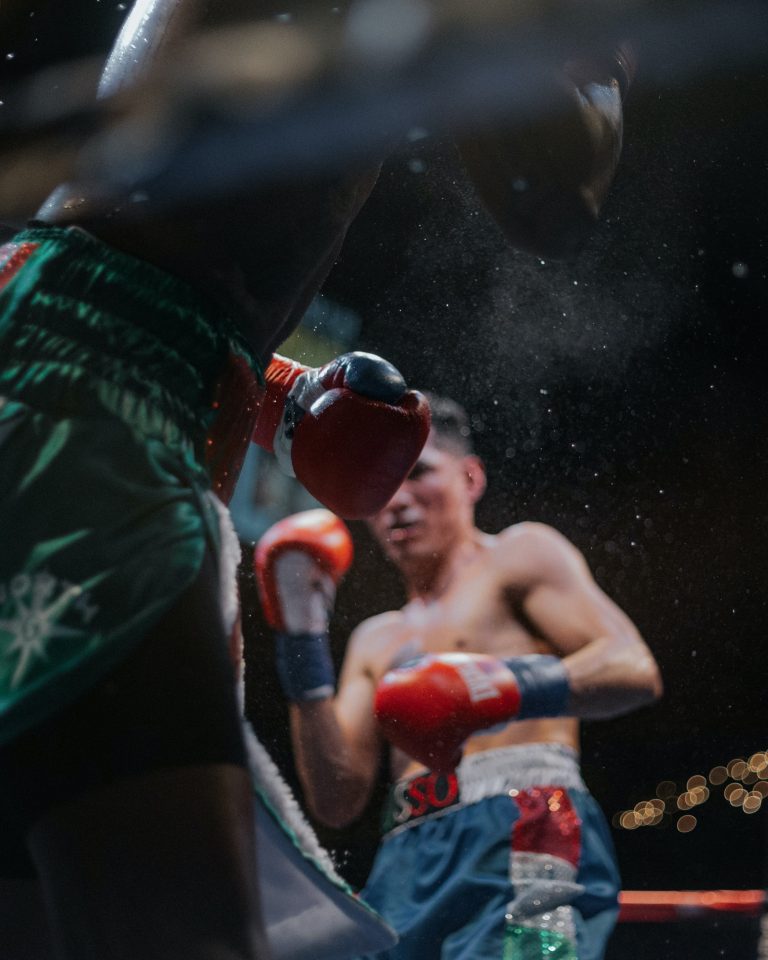What is Karate: An Ultimate Guide
Karate is an ancient martial art that originated in Okinawa, Japan. It is now practiced all over the world and has become a popular form of self-defense and a way to maintain physical and mental health. Karate is more than just a way to fight; it is a way of life – a path to personal growth and spiritual development. In this ultimate guide, we will dive into the history, techniques, styles, benefits, and more, to provide you with a comprehensive understanding of what karate is.
The Origin of Karate
The history of karate goes back over 1,500 years, with its roots in the Ryukyu Kingdom (present-day Okinawa) in Japan. During this time, the island was under constant threat from pirates and bandits, causing the locals to develop a system of self-defense known as “te,” which means “hand” in Okinawan. “Te” evolved into what is now known as Karate, incorporating aspects of Chinese martial arts and Japanese martial arts.
Karate Techniques and Styles
Karate involves a series of striking, punching, and kicking techniques, with an emphasis on hand strikes. These techniques are executed with precision and focus, making karate a highly effective form of self-defense. Karate also incorporates grappling techniques, throws, and joint locks.
There are various styles of Karate, each with its unique techniques and methods, such as Shotokan, Goju-Ryu, Shito-Ryu, and Wado-Ryu. These styles differ in stances, forms, and techniques. Shotokan, for example, emphasizes the use of a long and stable stance, while Goju-Ryu focuses on close combat and quick movements.
The Benefits of Practicing Karate
Karate provides numerous physical and mental benefits to its practitioners. It boosts physical fitness, strength, endurance, and flexibility, while also improving mental health, focus, and discipline. Here are some benefits of practicing Karate:
Physical Benefits
- Increases cardiovascular health and endurance;
- Improves overall body strength and muscular development;
- Enhances flexibility and agility;
- Burns calories and helps achieve weight loss goals;
- Boosts bone density and promotes healthy bones;
- Teaches practical self-defense techniques
Mental Benefits
- Enhances focus, discipline, and concentration;
- Boosts self-confidence and self-esteem;
- Promotes stress relief and relaxation;
- Improves social skills and camaraderie;
- Provides a sense of purpose and meaning in life.
How to Get Started with Karate
If you are interested in learning karate but unsure of where to start, joining a local dojo (karate school) is an excellent option. A dojo provides guidance, training, and community support while ensuring that you safely and effectively learn the techniques and philosophies of Karate.
Before joining a dojo, it is important to do your research and find a reputable one with experienced teachers and a supportive community. Ensure that the dojo offers beginner classes and a structured curriculum.
Most Frequently Asked Questions About Karate
Karate is a martial art that originated in Japan in the early 20th century. It is a popular form of self-defense and physical fitness practiced by millions of people worldwide. However, with its growing popularity, there is a lot of confusion and misinformation surrounding the practice. Here are some of the most commonly asked questions about karate.
1. What is Karate?
Karate is a martial art that involves striking, kicking, and grappling techniques. It was developed in Okinawa, Japan, in the early 20th century, and has since spread throughout the world. Karate is not just a form of self-defense; it is also a discipline that promotes physical fitness, mental focus, and spiritual development.
2. What are the benefits of practicing karate?
Practicing karate has numerous benefits, including improved physical fitness, increased self-esteem, and better mental focus. It can also help reduce stress and anxiety, improve flexibility, strength, and coordination, and enhance overall well-being.
3. Is Karate safe?
Karate is generally considered a safe martial art, provided that it is practiced correctly and under the guidance of a qualified instructor. However, like any physical activity, there is a risk of injury, and it is essential to follow safety guidelines and wear appropriate protective gear.
4. What are the different types of Karate?
There are many different types of karate, including Shotokan, Goju-Ryu, Shito-Ryu, and Wado-Ryu, to name just a few. Each style has its own unique set of techniques, training methods, and philosophies.
5. Can anyone learn Karate?
Yes, anyone can learn karate, regardless of age, gender, or physical ability. However, it is essential to find a qualified instructor who can tailor the training to suit individual needs and abilities.
6. Do I need to be in shape to start practicing Karate?
No, you do not need to be in shape to start practicing karate. In fact, many people begin practicing karate to improve their physical fitness. However, it is important to consult with a doctor before starting any new exercise program, especially if you have any pre-existing health conditions.
7. How long does it take to become proficient in Karate?
Becoming proficient in karate requires years of training and practice, and it is a lifelong journey of self-improvement. However, students can start to see significant progress within a few months of regular training.
8. Can Karate be used for self-defense?
Yes, karate can be used for self-defense, as it teaches practical techniques for neutralizing threats and escaping dangerous situations. However, the effectiveness of karate for self-defense depends on various factors, including the skill level of the practitioner and the specific situation.
9. Is karate a competitive sport?
Yes, karate is a competitive sport and is included in the Olympic Games. Competitions are organized by different karate organizations and involve various forms of sparring and kata (formal exercises).
10. How much does it cost to start practicing Karate?
The cost of practicing karate varies depending on the school or dojo, location, and level of instruction. Some schools offer free trial classes, while others charge a registration fee, monthly fees, or additional fees for uniforms and equipment. It is essential to research the schools in your area and find one that fits your budget and goals.
In conclusion, karate is an exciting and dynamic martial art that offers many physical, mental, and spiritual benefits. Whether you are looking to improve your fitness, learn practical self-defense skills, or embark on a lifelong journey of self-improvement, karate is an excellent choice for people of all ages and abilities.
What is Karate?
Karate is a popular martial art that originated in Okinawa, Japan. It primarily involves striking techniques, such as punches, kicks, and knee strikes, as well as defensive techniques like blocks and evasions. Karate emphasizes the use of the body’s natural weapons, such as fists, elbows, feet, and knees, to deliver powerful strikes and disable opponents.
Karate is a combination of physical and mental training, and practitioners strive to develop not just their physical abilities but also their character and discipline. For many people, karate is not just a sport or martial art, but a way of life.
How to Get Started in Karate
Getting started in karate is relatively simple, and just about anyone can learn the basic techniques. Here are the steps to get started:
1. Find a Good Karate School
The first step is to find a good karate school or dojo. Look for a school that is certified by a reputable karate organization, and has experienced and qualified instructors. It is also important to find a school that matches your goals and needs. For instance, if you are looking for a self-defense style, look for a school that emphasizes practical applications of techniques.
2. Choose the Right Equipment
Once you have chosen a school, you will need the right equipment. Most karate schools require students to wear a uniform or gi. The gi consists of a jacket, pants, and a belt. You will also need to purchase a mouth guard, a groin protector for men, and hand and foot guards.
3. Learn the Basics
The first few weeks of karate training will focus on learning the basics. These include stances, strikes, kicks, and blocks. It is important to practice these techniques until they become second nature, and to pay close attention to the instructions of the instructors.
4. Practice, Practice, Practice
Practice is the key to success in karate. You should strive to practice your techniques every day, both in and out of the dojo. This will help you develop muscle memory and improve your form and technique.
5. Set Goals and Track Progress
Setting goals is an important part of learning karate. Whether you want to earn a black belt or just improve your technique, setting goals will help you stay motivated and focused. It is also important to track your progress, and to celebrate your achievements along the way.
The Benefits of Karate
Learning karate can have a range of benefits for both your physical and mental health. Here are some of the main benefits:
1. Improved Fitness
Karate is a great way to improve your fitness, as it requires strength, flexibility, and endurance. It can help you build muscle, burn fat, and increase your cardiovascular health.
2. Increased Confidence
As you learn new techniques and build your skills, you will gain more confidence in yourself and your abilities. This can have a positive impact on other areas of your life, such as your work and relationships.
3. Stress Relief
Karate can be a great way to reduce stress and anxiety. It provides a healthy outlet for negative emotions, and can help you focus on the present moment and let go of distractions.
4. Self-Defense Skills
Learning karate can also help you develop valuable self-defense skills. While it is important to remember that fighting should always be a last resort, knowing that you have the skills to defend yourself if needed can provide a sense of security and peace of mind.
Conclusion
Karate is a fascinating and rewarding martial art that offers a wide range of benefits for both your physical and mental health. Whether you are interested in self-defense or simply looking for a fun and challenging way to stay fit, karate is an excellent choice. By following the steps outlined above, you can get started on your karate journey today!
Inhaltsverzeichnis






